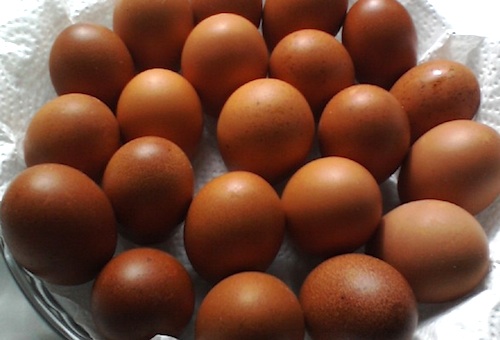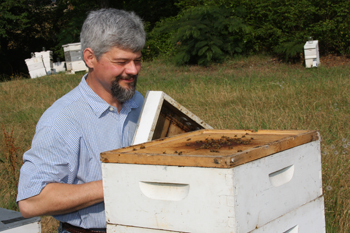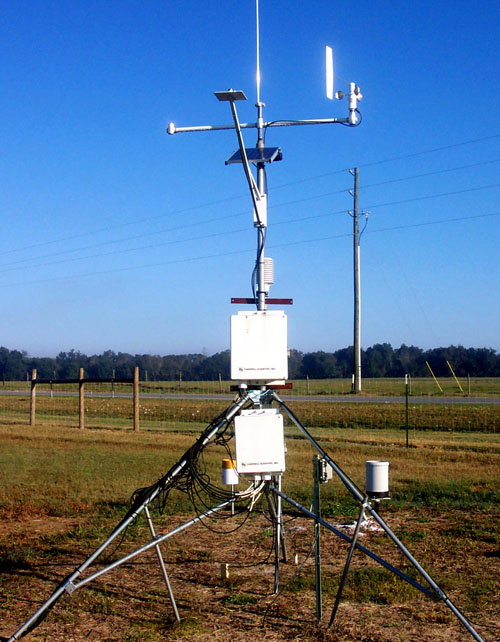.jpg) CAES News
CAES News
Expo weathers on
Despite an uncomfortable mix of wet, cold and windy weather, North America’s premier farm show, the Sunbelt Ag Expo, marched on this week in Moultrie, Ga. More than 70,000 visitors perused the wears of 1,200 vendors, a North Carolina farmer was tapped as the Southeast’s top and land-grant universities brought their messages to the masses.

.jpg)

.jpg)
.jpg)


.jpg)